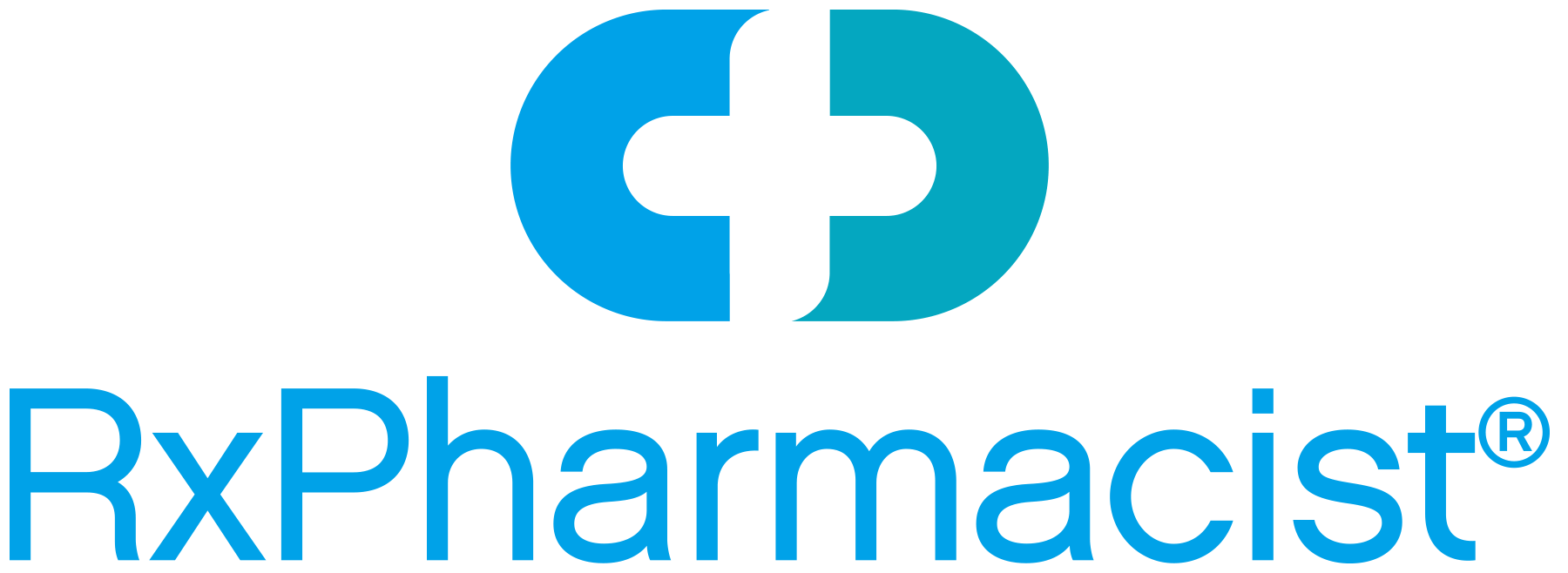Are those supplements on your shelf truly boosting your health, or just empty promises? According to the Centers for Disease Control and Prevention (CDC), 57.6% of U.S. adults over the age of 20 used a dietary supplement in the past 30 days between 2017 to 2018. This is an approximate 10% increase among all adults from 2007 to 2008. With the rising trend of supplement use, it is worthwhile to explore whether you are taking these supplements safely and really reaping the health benefits marketed to you.

Supplements vs. Prescription Drugs
There are many types of supplements, including vitamins, minerals, herbal medications, enzymes, and amino acids. The purpose is to support the body by providing the additional nutrients needed to meet daily intake requirements. Supplements can come in a variety of forms including tablets, capsules, gummies, powders, and more.
Unlike prescription drugs, dietary supplements are not closely regulated by the U.S. Food and Drug Administration (FDA). That is, the FDA is not heavily involved in the pre-market approval process but rather more focused on post-market surveillance. Instead, the manufacturer and distributors are responsible for ensuring the supplement’s safety before entering the market. They are required to submit data regarding the supplement’s safety, but not effectiveness. As a result, supplements cannot claim to treat, prevent, or cure diseases. Yet, manufacturers are allowed to skate by, stating the supplement “supports” or “enhances” a body organ or function. Furthermore, the labeling may not always reflect the actual contents. In fact, a 2013 study found that compounded vitamin D3 supplements varied greatly in potency, with only one-third of the study pills meeting US Pharmacopeial (USP) Convention standards and containing the appropriate amount of active ingredient.
The Risks of Overuse and Interactions
Supplements are widely available over the counter and online, leading some individuals to use them even when they might not need additional nutrients. While generally safe in moderation, it’s important to remember that too much of a good thing can be problematic. This is especially true for individuals with multiple chronic conditions or those taking various medications. Some dietary supplements may interact with other medications, potentially reducing the effectiveness of prescribed drugs or leading to adverse effects.
Below is a table with some common supplements with common side effects, drug-drug, and drug-food interactions to look out for. This is not a comprehensive list but demonstrates how taking many supplements can pose more risks than benefits if not taken appropriately.

Managing Supplements Safely
With loose pre-marketing regulations and a potential risk for drug interactions and side effects, how can supplements be taken safely? It is highly encouraged that patients take caution and consult with their healthcare provider or pharmacist before starting any new supplements. Healthcare professionals, especially pharmacists, can help assess potential risks and interactions with current medications. It is also helpful to bring a list of all medications, including dosages and frequency, to all healthcare consultations. Patient education is especially crucial when it comes to understanding and making decisions about supplement use. Here are some available resources and tools to learn more about supplements:
- Dietary Supplement Fact Sheets – Collection of supplement fact sheets for consumers and healthcare providers
- Health Fraud Product Database – FDA search database to check for unapproved products with health fraud related violations
- OPSS Scorecard: Check Your Dietary Supplement – Quick online screening tool to assess safety of a supplement
- Information for Consumers on Using Dietary Supplements | FDA – All-encompassing FDA site with various resource links for consumers
Takeaway
With many supplements claiming various health benefits nowadays, it helps to consult with healthcare providers and pharmacists to ensure safety and effectiveness. Their expertise can help navigate potential risks and interactions, making informed decisions easier. By seeking professional guidance from healthcare providers and staying informed, you can make better choices that truly support your health.
Winnie Chu
RxPharmacist Team
Resources
- Centers for Disease Control and Prevention. (2023). Use of Prescription Medications Among U.S. Adults Aged 20 and Over. Retrieved from https://www.cdc.gov/nchs/products/databriefs/db399.htm
- American Pharmacists Association. Dietary Supplements: What You Need to Know. Available at: https://aphanet.pharmacist.com/sites/default/files/files/APhA-DietarySupplements-Brochure-14×8%205-A7.pdf. Accessed July 25, 2024.
- LeBlanc ES, Perrin N, Johnson JD, Ballatore A, Hillier T. Over the Counter and Compounded Vitamin D: Is Potency What We Expect? JAMA Intern Med. 2013;173(7):585-586. doi:10.1001/jamainternmed.2013.3818. Available from: https://jamanetwork.com/journals/jamainternalmedicine/fullarticle/1570096.
- U.S. Food and Drug Administration. Questions and Answers on Dietary Supplements. Available at: https://www.fda.gov/food/information-consumers-using-dietary-supplements/questions-and-answers-dietary-supplements. Accessed July 25, 2024.
- National Center for Complementary and Integrative Health. Yohimbe. Available at: https://www.nccih.nih.gov/health/yohimbe#:~:text=Yohimbe%20is%20an%20evergreen%20tree,and%20to%20enhance%20sexual%20performance. Accessed July 25, 2024.
- National Center for Complementary and Integrative Health. Kava. Available at: https://www.nccih.nih.gov/health/kava. Accessed July 25, 2024.
- National Center for Complementary and Integrative Health. Red Yeast Rice. Available at: https://www.nccih.nih.gov/health/red-yeast-rice. Accessed July 25, 2024.

